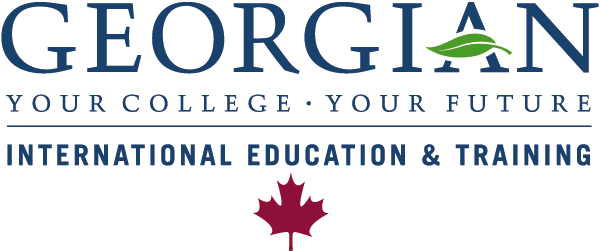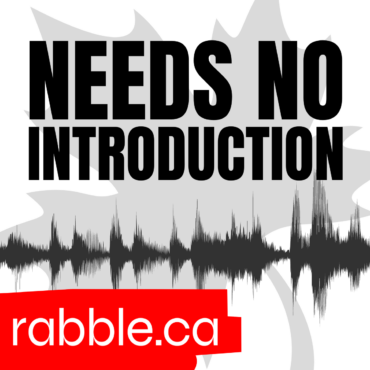
Maker Faire is an award winning, family friendly event celebrating technology, education, science, arts, crafts, engineering, food, sustainability, and more, in cities around the world. We’re expecting 5,000 people to attend Toronto’s Mini Maker Faire on the weekend of September 21 to 22 at Wychwood Barns.
We’re reaching out to design schools and students, and anyone who wants a chance to see their design become the official t-shirt sold at Toronto Mini Maker Faire.
We’ve partnered to produce our t-shirts with Free the Children’s sustainable clothing line, Me to We Style, who produce organic, recycled, sweatshop-free clothing made right here in Toronto, with 50% of their proceeds supporting the Free the Children.
Submissions will be accepted until midnight on Monday, August 26.
The Grand Prize:
- An Xbox party for you and your 14 friends at Microsoft Retail Store Yorkdale Shopping Centre
- Your design will be printed on the official Toronto Toronto Mini Maker Faire T-Shirt worn by staff, booth crew, volunteers, and sold to the public
- 1 Toronto Mini Maker Faire T-Shirt
- 2 VIP Weekend Passes with access to all parties without lining up and VIP lounge access
- Recognition as the contest winner at the event
- Your name, photo and design featured on Me to We Style and Toronto Mini Maker Faire’s websites, social media and press releases.
The other four finalists will receive 2 tickets to attend Toronto Mini Maker Faire.
The Toronto Mini Maker Faire Committee will select five finalists, and on Tuesday, August 27, we’re opening up the voting to the public to choose the winning design until midnight, on Friday, August 30. The winner will be announced on Tuesday, September 3.
Help us spread the word and post our contest flyer on your community board.
Hashtags: #mmfTO and for the t-shirt design contest:#mmfTOTee
Good luck!
>> We’ve announced the winner!










